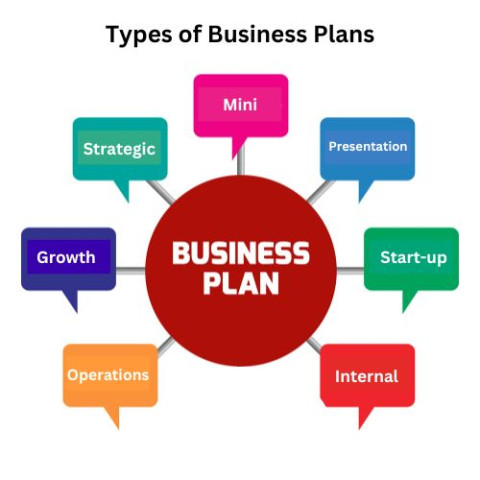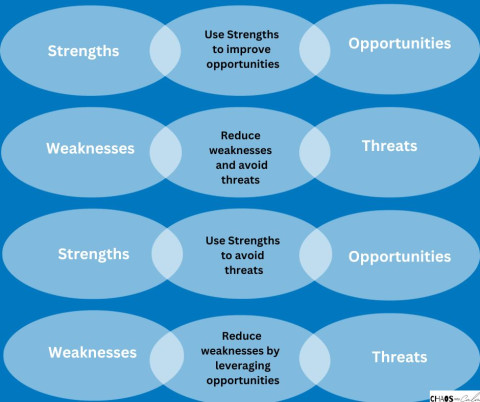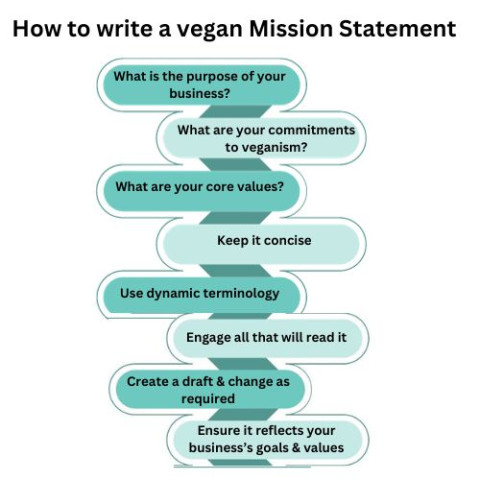Verify your vegan business idea
Verify your vegan business idea
What are your personal reasons for starting this vegan business? Is it for ethical, environmental, health, or other reasons? After doing your research, use your intuition, do you feel confident and excited, or do you have reservations? Sometimes, your gut feeling can be a good guide.
1. Market Analysis
Identify the gaps:
Join vegan forums and social media groups. Listen to what people are wishing for or complaining about?
Market Size Estimation:
Research available statistics on vegan consumers in your targeted region.
Utilise databases like Statista or market research reports specific to vegan industries.
Segmentation:
Divide your potential market into segments, such as age, gender, location, and consumer behaviours. This helps in targeting your offerings more efficiently.
Competitive Analysis:
Write a list of your direct and indirect competitors.*
Examine their strengths, weaknesses, and market shares.
Look at other vegan businesses. What are they offering, and what's missing?
*Direct Competitors:
These are competitors that are selling the same or similar product or service.
*Indirect Competitors:
Are those who are selling alternative or substitute products or services.
Expert advice:
Talk to someone who's already successful in the vegan business world, a mentor.
Consider a short consultation with a business expert or coach.
Attend vegan conferences, summits, and trade shows. Engage in conversations, both as a listener and a contributor.
Dedicate time to devour books, research papers, case studies, and documentaries centered on successful and failed vegan ventures.
2. Product or Service Validation
Surveys & Questionnaires:
- Develop detailed surveys to gauge interest in your product/service.
Questions could include willingness to pay, frequency of use, and preference comparisons.
Aim for a mix of multiple choice and open-ended questions.
Target different groups: vegans, vegetarians, and even non-vegans. Each can offer a unique perspective.
Prototype testing (if applicable):
For product-based ideas, create a minimal viable product (MVP)**.
Distribute samples to a focused group and gather feedback.
Offer free samples of your product or a trial of your service to a small group.
**MVP, or "Minimum Viable Product," is the simplest version of a product released to gather user feedback and validate market demand with minimal effort. It aims to quickly test hypotheses, minimise initial costs, and allow for iterations based on actual user interactions.
3. Financial Projections
Startup Costs:
Calculate all initial costs, including licences, inventory, and any necessary equipment.
Operating Costs:
Consider expenses like rent, utilities, salaries, marketing, and materials.
Revenue Projections:
Estimate sales for the first year based on your market analysis and the capacity to serve the market.
Break-Even Analysis:
Determine when your business will start to become profitable by comparing projected revenues to costs.
Pricing Strategy:
Research what similar products/services are priced at. Consider strategies like cost-plus pricing, value-based pricing, or even penetration pricing if you're aiming to quickly garner a large market share.
Funding:
Research if you'll need external funding. Look into vegan-friendly or green investors, business loans, or crowdfunding platforms like Kickstarter, especially if your idea is novel.
4. Regulatory and Ethical Considerations
Certifications & Labelling:
If you're selling vegan products, you might need certifications to verify their authenticity.
Check costs and procedures for obtaining certifications like 'Certified Vegan' or 'Cruelty-Free'.
Familiarise yourself with internationally recognised vegan certifications and standards. Ensure your products or services adhere to them.
Licensing & Permissions:
Research the necessary permits for operating your business type in the intended location.
Business name:
It is critical when choosing the name for your business that you communicate the image you want to project in the market.
It needs to be easy to pronounce and remember.
Do research to ensure it is not already in use, that the web address is available and will work on your business stationery.
5. Supply Chain Examination
Vendor Analysis:
List potential suppliers and assess their credibility.
Ensure suppliers align with vegan and ethical standards.
Logistics:
Determine costs and methods for transporting goods, especially if they're perishable.
6. Sales & Marketing Strategy
Sales Channels:
Decide where you'll sell your product/service: online, in a physical location, via partnerships, etc.
Marketing Costs:
Allocate budget for promotional activities such as advertising, social media campaigns, and events.
Online Surveys:
Use simple tools like Google Forms to ask people what they think about your idea.
Check Trends:
Browse social media hashtags related to veganism to see what's popular.
Affiliate Partnerships:
Collaborate with vegan bloggers or influencers for affiliate marketing, combining mutual strengths.
7. Risk Assessment
SWOT Analysis:
Identify internal Strengths and Weaknesses, which are internal factors that affect the success of your business, while Opportunities and Threats are external factors affecting your success.
Contingency Planning:
Formulate strategies for potential challenges like supply chain disruptions or shifts in market demand.
8. Feedback looping
Feedback iteration (looping) refers to the continuous process of collecting, analysing, and implementing feedback, then re-evaluating and making further changes as needed.
Collect:
Gather feedback through surveys, user testing, and direct channels.
Analyse:
Identify common concerns or trends.
Prioritise actionable feedback based on impact and feasibility.
Implement:
Make changes or adjustments based on analysed feedback.
- Review:
Test the implemented changes for effectiveness.
Measure success through KPIs.
Re-Collect:
Gather feedback on the recent changes.
Repeat:
Continue the cycle to achieve continuous improvement.
By following these comprehensive steps, you'll be better positioned to understand, plan for, and quantify your vegan business idea. Proper quantification not only aids in securing potential investors but also ensures clarity and direction as you progress. These easy steps can give you a clearer picture of whether your vegan business idea is feasible. It's all about combining research with intuition and feedback. Verifying a vegan business idea isn't drastically different from verifying any other business idea, but it does have its unique challenges and opportunities. The vegan market is growing, and with thorough research, genuine passion, and an excellent product or service, your business can be poised for success. Always be ready to learn, adapt, and grow!

September 30, 2023
Choosing the right type of business plan
Types of business plans Choosing the right business plan is crucial as it t...
5 min read

September 20, 2023
How to carry out a SWOT analysis
How to carry out a SWOT analysis Whether you're launching a new venture, co...
2 min read

September 19, 2023
The importance of a vegan mission statement in 8 easy steps
The Importance of a vegan Mission Statement In the dynamic landscape of bus...
3 min read



